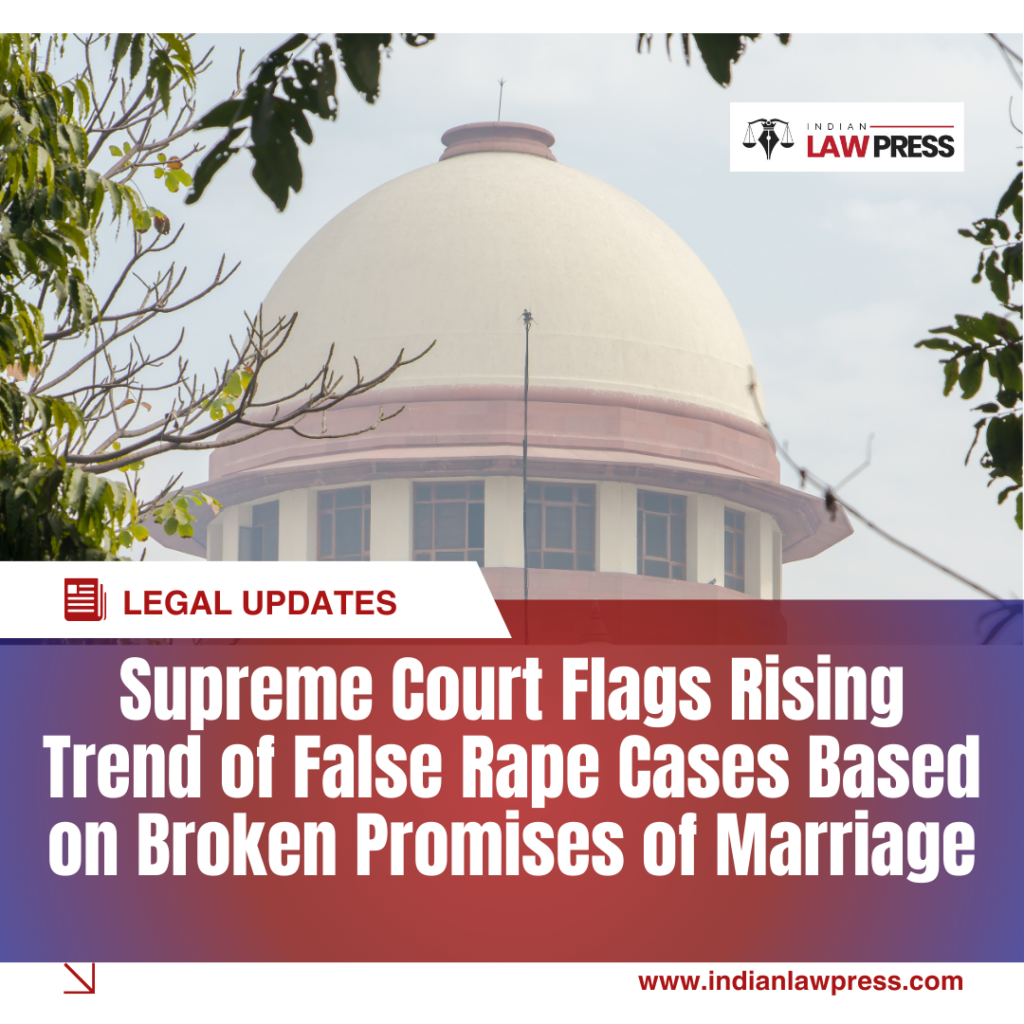The Supreme Court of India ruled that a Muslim widow without children is entitled to one-fourth of her husband’s property under Islamic inheritance law. The Court reaffirmed that an unregistered agreement to sell does not transfer ownership and cannot defeat the widow’s rights. Learn more about the case of Zoharbee v. Imam Khan and the principles of succession under Mohammedan law.
Introduction
The Supreme Court recently reaffirmed a crucial principle under Mohammedan (Muslim) law of inheritance — that a Muslim widow, if her deceased husband leaves behind no children, is entitled to only one-fourth of his estate. This ruling came in the case of Zoharbee & Anr. v. Imam Khan (D) Thr. LRs. & Ors. (2025), where the Court upheld the decision of the Bombay High Court.
The judgment provides important clarity on widow’s inheritance rights, the legal effect of agreements to sell, and the distribution of matruka property (the estate left behind by a deceased Muslim).
Case Background: The Widow’s Claim for a Larger Share
The case revolved around the estate of Chand Khan, a Muslim man who died intestate (without a will) and childless. His widow, Zoharbee, claimed three-fourths of the property, asserting that she was the primary heir under Mohammedan law.
However, the deceased’s brother argued that part of the land had already been transferred through an agreement to sell executed by Chand Khan before his death. He claimed this portion should not form part of the inheritance.
While the trial court supported the brother’s argument, the appellate court and the Bombay High Court disagreed, ruling that an agreement to sell does not create ownership rights unless a registered sale deed is executed.
Supreme Court’s Observation: Agreement to Sell ≠ Ownership Transfer
The Supreme Court, led by Justices Sanjay Karol and Prashant Kumar Mishra, upheld the Bombay High Court’s view.
Referring to Section 54 of the Transfer of Property Act, 1882, the Court emphasized that “an agreement to sell, by itself, does not convey ownership or title in immovable property.” Since no registered sale deed was executed, the ownership of the land remained with Chand Khan until his death. Therefore, the property formed part of the matruka to be distributed among his legal heirs.
Understanding Matruka and Succession under Mohammedan Law
The Court drew upon Mulla’s Principles of Mohammedan Law, explaining that matruka refers to all movable and immovable assets left by a Muslim at the time of death. Before distribution:
- Debts and funeral expenses must be paid.
- Valid bequests (wasiyat), up to one-third of the estate, are satisfied.
- The remaining property is divided among heirs according to Qur’anic shares.
Widow’s Share under the Qur’an
The Court referred to Chapter IV, Verse 12 of the Qur’an, which prescribes:
- One-fourth share to a widow if the deceased leaves no children or descendants, and
- One-eighth share if the deceased has children or grandchildren.
Since Chand Khan died childless, Zoharbee was entitled to one-fourth of his estate. The remaining share devolved upon other legal heirs, including his brother.
Key Takeaways from the Judgment
- A Muslim widow’s share is strictly defined by Qur’anic injunctions and cannot be increased by personal interpretation.
- An agreement to sell does not transfer ownership unless followed by a registered sale deed.
- The concept of matruka ensures that all assets of a deceased Muslim are distributed fairly among legal heirs.
- The Supreme Court upheld certainty and fairness in inheritance law by reiterating these principles.
Final Verdict
The Supreme Court dismissed the widow’s appeal, affirming that she was entitled to only one-fourth of the property as per Mohammedan law. The Court underscored that the law of inheritance under Islam is fixed and predetermined, leaving little scope for variation or discretion.
“Muslim Law of inheritance depicts that the sharers are entitled to a prescribed share of the inheritance and wife being a sharer is entitled to one-eighth share, but where there is no child or child of a son how low so ever, the share to which the wife is entitled is one-fourth.” — Justice Sanjay Karol
Case Details
Case Title: Zoharbee & Anr. v. Imam Khan (D) Thr. LRs. & Ors.
Bench: Justice Sanjay Karol and Justice Prashant Kumar Mishra
Court: Supreme Court of India
Legal Provisions Referred:
- Section 54, Transfer of Property Act, 1882
- Mulla’s Principles of Mohammedan Law
- Chapter IV, Verse 12 of the Qur’an
Don’t Let Ego Ruin Marriage’: Supreme Court’s Strong Message to Wife in Marital Case





